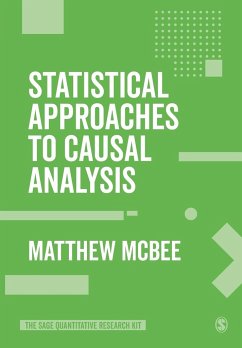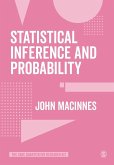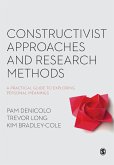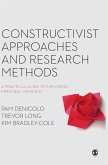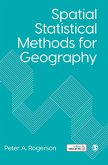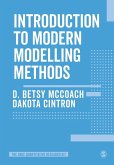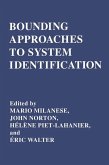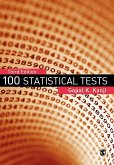This book provides an up-to-date and accessible introduction to causal inference in quantitative research. Featuring worked example datasets throughout, it clearly outlines the steps involved in carrying out various types of statistical causal analysis. In turn, helping you apply these methods to your own research.
It contains guidance on:
Selecting the most appropriate conditioning method for your data. Applying the Rubin s Causal Model to your analysis, a mathematical framework for understanding and ensuring accurate causation inferences. Utilising various techniques and designs, such as propensity scores, instrumental variables analysis, and regression discontinuity designs, to better synthesise and analyse different types of data.
Part of The SAGE Quantitative Research Kit, this book will give you the know-how and confidence needed to succeed on your quantitative research journey.
It contains guidance on:
Selecting the most appropriate conditioning method for your data. Applying the Rubin s Causal Model to your analysis, a mathematical framework for understanding and ensuring accurate causation inferences. Utilising various techniques and designs, such as propensity scores, instrumental variables analysis, and regression discontinuity designs, to better synthesise and analyse different types of data.
Part of The SAGE Quantitative Research Kit, this book will give you the know-how and confidence needed to succeed on your quantitative research journey.

